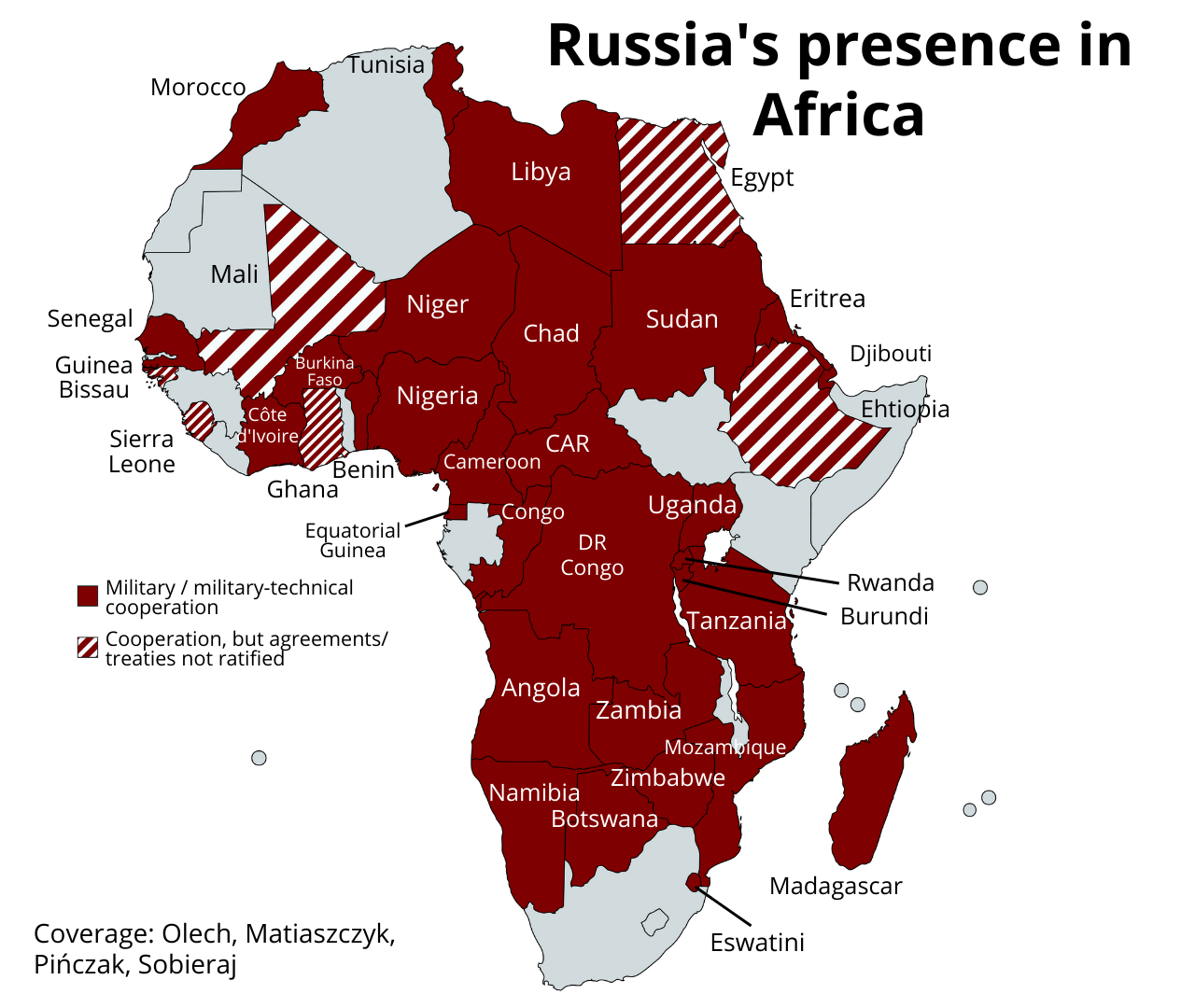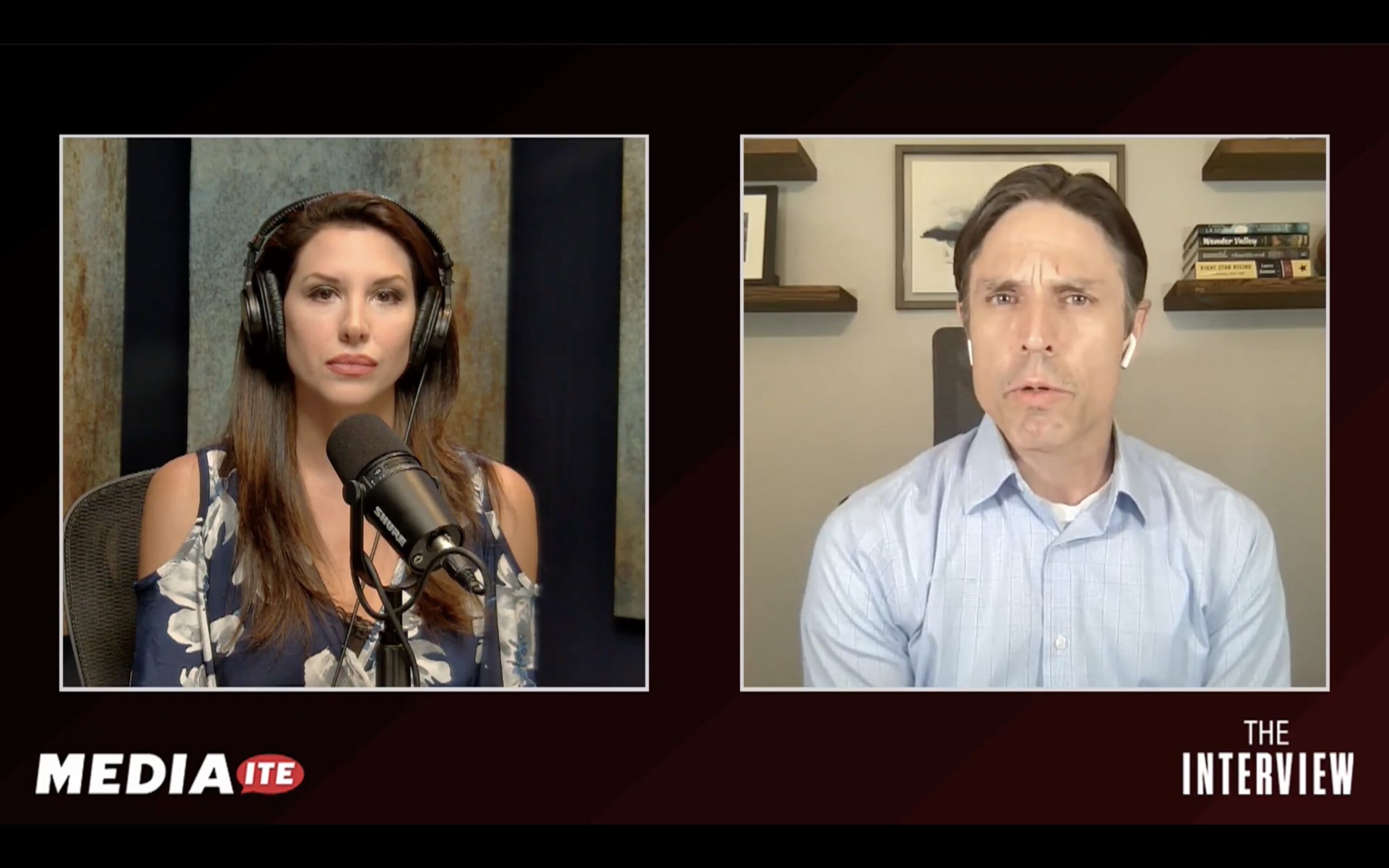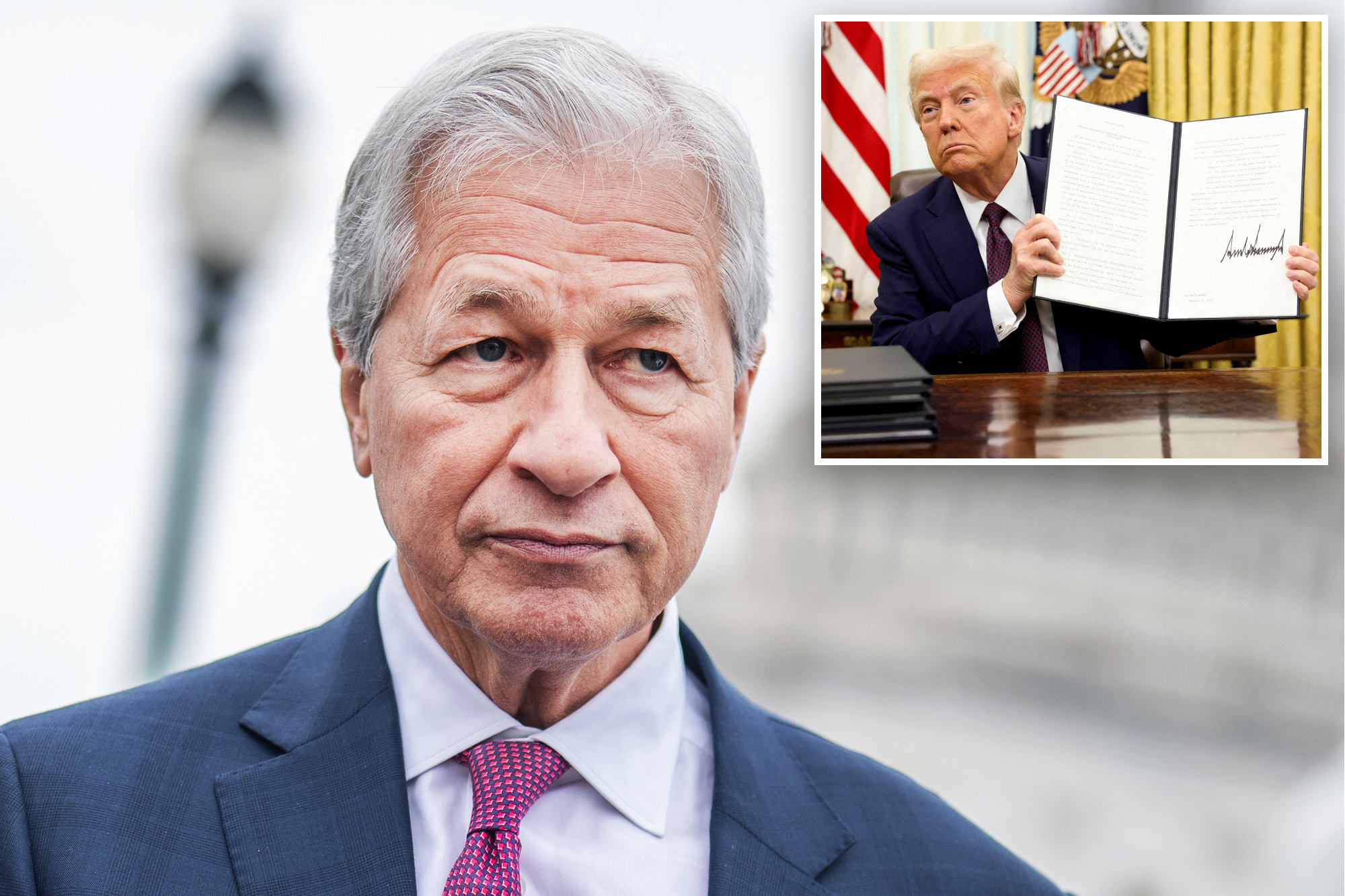Europe On High Alert: Analyzing Recent Russian Military Actions

Table of Contents
Escalation of Military Presence near European Borders
The recent escalation of Russian military activity near European borders represents a significant cause for concern. This heightened military presence manifests in two key ways: increased troop deployments and a demonstrable show of force through large-scale military exercises.
Increased Troop Deployments in Belarus and Ukraine's Surroundings
Russia's troop deployments in Belarus and along Ukraine's borders have significantly increased in recent months. Credible news sources, including reports from NATO and various international news outlets, cite substantial troop movements, raising alarm bells across Europe. The strategic significance of these locations is undeniable, given their proximity to key NATO allies and vulnerable areas within Ukraine.
- Deployment Dates and Locations: Reports indicate a steady increase in troop deployments beginning in [Insert specific dates and locations citing credible sources].
- Types of Military Equipment Observed: Observed equipment includes [List specific types of military equipment, citing sources]. This includes advanced weaponry, signaling a serious escalation of the situation.
- Statements from NATO and other relevant organizations: NATO has publicly expressed concern, stating [Insert direct quotes or paraphrased statements from official NATO releases and other relevant organizations]. These statements highlight the potential threat these deployments pose to regional stability.
Military Exercises and Show of Force
Alongside troop deployments, Russia has conducted a series of large-scale military exercises near its borders. These exercises, often involving simulated attacks and live-fire drills, serve as a clear demonstration of military power. The messaging behind these displays is undoubtedly aimed at projecting strength and potentially deterring any potential adversaries.
- Dates and Locations of Exercises: Significant exercises have taken place in [Insert dates and locations, citing sources]. The proximity of these exercises to European borders further amplifies the sense of threat.
- Types of Weapons Systems Used: The exercises have involved [List types of weapons systems used, with sources]. The utilization of advanced weaponry underscores the seriousness of these military maneuvers.
- Statements from Russian officials regarding the purpose of the exercises: Russian officials have claimed the exercises are purely defensive [Insert quotes from Russian officials if available and verifiable]. However, the scale and location of these exercises cast doubt on such claims.
Impact on European Security and International Relations
The increased Russian military actions have had a profound impact on European security and international relations, triggering both reactive military preparedness and diplomatic efforts to de-escalate the situation.
NATO Response and Increased Military Preparedness
NATO has responded to the escalating Russian military activity by strengthening its eastern flank and increasing military preparedness. This includes bolstering troop deployments in Eastern European member states and enhancing military collaborations.
- Increased NATO military presence in Eastern Europe: NATO has significantly increased its military presence in countries bordering Russia, including [List specific countries and types of deployments].
- Strengthened military alliances and collaborations: NATO has intensified military exercises and intelligence sharing with its eastern European allies to counter the perceived Russian threat.
- Statements from NATO officials regarding Russia's actions: NATO officials have consistently condemned Russia's actions, calling for de-escalation and emphasizing the alliance's commitment to the defense of its members [Cite specific statements from NATO officials].
International Condemnation and Diplomatic Efforts
Russia's military actions have drawn widespread international condemnation. Numerous countries and international organizations have expressed their concern and called for a peaceful resolution to the situation. Simultaneously, diplomatic efforts are ongoing to de-escalate tensions.
- Statements from the EU, USA, and other nations: The EU, USA, and other nations have issued strong statements condemning Russia's military actions and calling for restraint [Cite specific statements from different governments].
- UN Security Council resolutions and discussions: The UN Security Council has held several discussions on the issue, though reaching a consensus has proven challenging [Reference any relevant UN Security Council resolutions or discussions].
- Ongoing diplomatic initiatives: Various diplomatic initiatives are underway, aimed at fostering dialogue and finding a peaceful resolution to the conflict [Mention any specific diplomatic efforts].
Potential Scenarios and Future Outlook
Understanding the potential scenarios and future outlook is crucial for effective response planning and conflict prevention.
Assessing the Risks of Further Escalation
Several potential scenarios must be considered, ranging from limited military incursions to broader conflicts involving cyber warfare and disinformation campaigns. Each scenario carries significant consequences for regional and global stability.
- Potential targets of Russian aggression: Potential targets could include [List potential targets based on geopolitical analysis and expert opinions].
- Likely responses from NATO and other actors: NATO and other actors are likely to respond with [Outline potential responses, including diplomatic, economic, and military options].
- Assessment of the likelihood of different scenarios: The likelihood of each scenario depends on several factors, including [Identify key factors influencing the probability of different scenarios].
The Role of International Cooperation in Preventing Further Conflict
International cooperation is paramount to de-escalating tensions and preventing further conflict. Diplomacy, sanctions, and international pressure all play a crucial role in managing the crisis.
- Importance of communication and dialogue: Open communication and diplomatic dialogue are vital to prevent misunderstandings and de-escalate tensions.
- Effectiveness of sanctions as a deterrent: International sanctions can be effective in deterring further aggression, but their effectiveness depends on broad international cooperation.
- The need for a multilateral approach to conflict resolution: A multilateral approach involving all relevant stakeholders is crucial for achieving a lasting and peaceful resolution.
Conclusion
The recent surge in Russian military actions has understandably placed Europe on high alert. Analyzing these developments reveals a complex interplay of military posturing, diplomatic maneuvering, and the potential for escalating tensions. Understanding the implications of these Russian military actions is crucial for navigating this period of uncertainty. Continued vigilance and proactive international cooperation are paramount to de-escalating the situation and preventing further conflict. Stay informed on developments regarding Russian military actions and advocate for peaceful resolutions. The future of European security depends on it.

Featured Posts
-
 Mwaeyd Wamakn Fealyat Fn Abwzby Ybda 19 Nwfmbr
Apr 29, 2025
Mwaeyd Wamakn Fealyat Fn Abwzby Ybda 19 Nwfmbr
Apr 29, 2025 -
 Dsp Raises Cash Top Performing India Fund Issues Stock Market Warning
Apr 29, 2025
Dsp Raises Cash Top Performing India Fund Issues Stock Market Warning
Apr 29, 2025 -
 New Study Minnesota Immigrant Workers See Increased Earning Potential
Apr 29, 2025
New Study Minnesota Immigrant Workers See Increased Earning Potential
Apr 29, 2025 -
 Ftc Appeals Microsoft Activision Merger Ruling
Apr 29, 2025
Ftc Appeals Microsoft Activision Merger Ruling
Apr 29, 2025 -
 Ray Epps Defamation Claim Against Fox News A Deep Dive Into The January 6th Narrative
Apr 29, 2025
Ray Epps Defamation Claim Against Fox News A Deep Dive Into The January 6th Narrative
Apr 29, 2025
Latest Posts
-
 Analysis Of Musks X Debt Sale And Shifting Financial Landscape
Apr 29, 2025
Analysis Of Musks X Debt Sale And Shifting Financial Landscape
Apr 29, 2025 -
 Understanding Willie Nelson A Collection Of Fast Facts
Apr 29, 2025
Understanding Willie Nelson A Collection Of Fast Facts
Apr 29, 2025 -
 Hear Willie Nelsons Latest Oh What A Beautiful World Album Review
Apr 29, 2025
Hear Willie Nelsons Latest Oh What A Beautiful World Album Review
Apr 29, 2025 -
 Xs New Financials Debt Sale Impacts And Company Transformation
Apr 29, 2025
Xs New Financials Debt Sale Impacts And Company Transformation
Apr 29, 2025 -
 New Music Willie Nelsons Oh What A Beautiful World Album Details
Apr 29, 2025
New Music Willie Nelsons Oh What A Beautiful World Album Details
Apr 29, 2025
